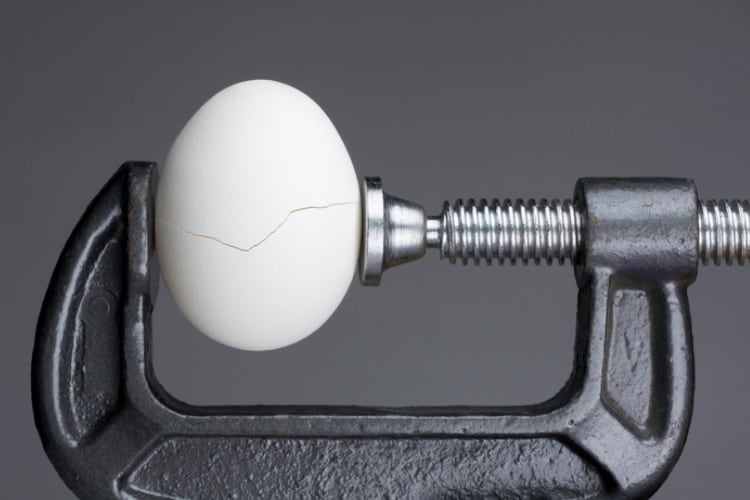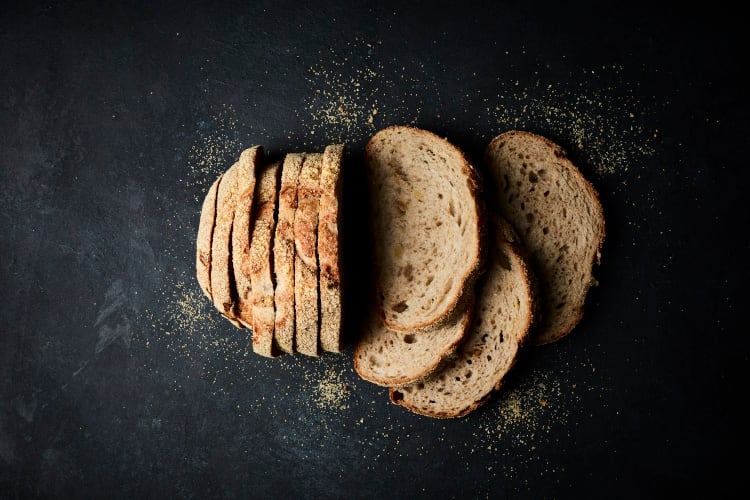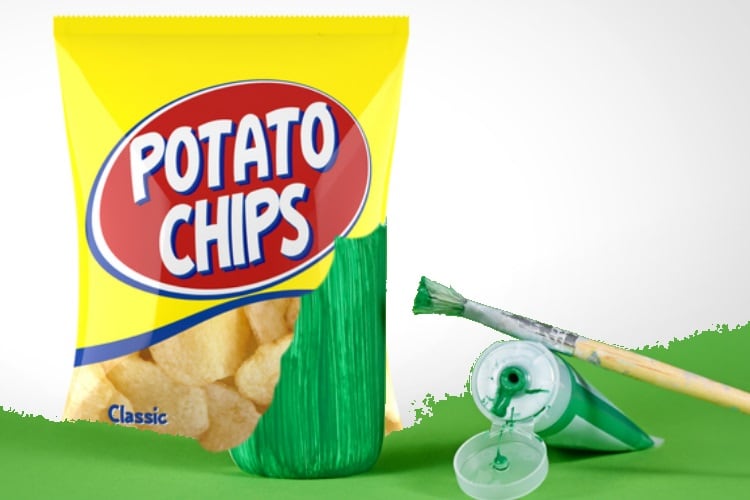Key takeaways:
- In today’s climate, optics matter more than intention.
- Brands can be dragged into scandals they had nothing to do with.
- Scandals now unfold at meme speed, leaving little time to react.
It takes a lot to stop New Yorkers in their tracks. They’ve seen enough oddities – subway saxophonists, sidewalk hawkers, politicians on parade – that little really surprises them anymore. But when a reporter was handed what looked like a harmless bag of sour cream and onion chips, only to discover an envelope of cash inside, people took notice.
The episode unfolded in August. Journalist Katie Honan, covering a campaign stop in Harlem, was approached by Winnie Greco, a longtime aide to New York mayor Eric Adams. Greco pressed an open bag of Herr’s Sour Cream & Onion chips into her hands. Later, Honan found a red envelope inside with about $160 in cash.
Not a fortune by any stretch, but enough to blow up into something bigger than anyone expected. Because this wasn’t a brown envelope discreetly pushed across a diner booth or a transfer buried under three shell companies. It was money in a snack bag. Clumsy, almost comic. And that was exactly why the story took hold.
Honan alerted her editors at The City, who handed the bag to investigators. Greco insisted it was a cultural misunderstanding – red envelopes, she said, are tokens of goodwill in Chinese tradition.
But once you picture it – foil bag, salt dust on fingertips, bills folded into a corner – you can’t unsee it. The image was too absurd and it crystallized what people already suspect about politics and power: that influence can be cheap and that it can hide in the most ordinary places.
The Adams campaign suspended Greco. Herr’s, dragged in by accident, quipped: “Our Sour Cream & Onion flavor is money.” The internet did the rest, dubbing it Snack-gate.
Snack-gate goes viral
The internet loves nothing more than a visual punchline and this one had it in spades. Within hours, the bag of Herr’s was everywhere – mocked up on Wall Street trading floors, slapped onto fake campaign posters, rebranded with salty slogans. The jokes flew because the whole thing was ridiculous. But also because it rang true.
People weren’t just laughing at a botched gesture. They were laughing at a system that felt every bit as messy and transactional as the photo suggested. The idea of a chip bag serving as a delivery vehicle for cash blurred the lines between politics, business and everyday life in a way that felt uncomfortably believable.
That’s why the story didn’t quietly slip away as a quirky anecdote but made a noise. Trust today doesn’t hinge on official explanations, however well-intentioned. It hinges on appearances. And once the optics go south – whether it’s a private jet flaunted on Instagram or money found at the bottom of a snack bag – the public writes the narrative for itself.
The irony, of course, is that Herr’s had nothing to do with any of it. Yet suddenly its red logo was splashed across headlines about bribery. The company became a supporting character in someone else’s scandal.
To its credit, Herr’s handled it deftly. No corporate panic, no lengthy denials. Just a quick one-liner that poked fun at the absurdity and then silence. That restraint likely saved the brand from harm. But it also underscored a brutal truth: companies don’t control the frames they’re caught in. You can spend decades building an identity, only to see it reshaped in a single viral moment because your product happened to be in the wrong hands at the wrong time.
That’s the bigger point. The chip bag was incidental, a vessel. Next time it could be a paper cup, a branded tote, even the wrapper on a sandwich. Everyday objects turn into symbols once stories take off – and once that happens, the brand inside the frame has no say in the role it plays.
Crunch time for business

Not so long ago, scandals built slowly. Reporters chased leads, whispers turned into tips, investigations stretched on for months before the reveal. Today, they unfold at meme speed. One photo, one bizarre object and the internet decides the meaning before any official line is drafted.
This is no longer just a political problem. It’s the water all businesses now swim in. Any CEO, any company, any product can become the punchline overnight. And once you’re the punchline, context hardly matters. Reputation management isn’t a side office with a crisis binder. It’s the whole job.
So yes, Snack-gate was funny. The jokes will keep coming. But beneath the comedy sits something more serious. Trust, always fragile, is now brittle. Perception rules and the smallest gesture can become the story. Sometimes that story isn’t written in glossy campaigns or polished speeches. Sometimes it arrives in something as innocent as a bag of chips.
The Herr’s affair will fade. Another scandal will take its place. But the picture will linger: chips, cash, disbelief. And with it, the uncomfortable truth.
If trust can be undone by a bag of chips, what does that say about the foundations we’re standing on?
Herr’s finds redemption in Philly peppers
Snack-gate may have dragged Herr’s into the headlines for all the wrong reasons, but the Pennsylvania chip maker also scored a tastier win this summer.
Its Long Hots & Sharp Provolone Potato Chips emerged as the runaway victor in the 2025 Flavored by Philly: Crunch Off, the first time the winning flavor has earned a permanent spot in Herr’s lineup. The bold roasted pepper and sharp provolone combination beat out Tomato Pie and Special Hot Stromboli 'in a clear victory', topping both votes and sales.
This year’s contest drew nearly 200,000 votes – a record-breaking 654% increase in participation – underscoring the flavor’s popularity. “The outpouring of support from our fans this year was unparalleled and we’re proud to make this winning flavor part of our everyday lineup,” said Ed Herr, executive chair of Herr Foods Inc.
The new champion will roll out in January 2026, joining Herr’s staples like Sour Cream & Onion and Honey BBQ Ripple Chips.





